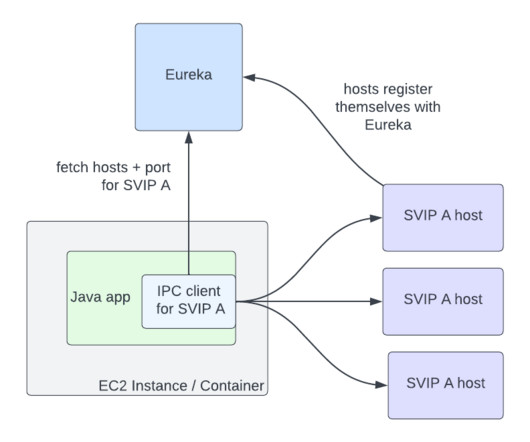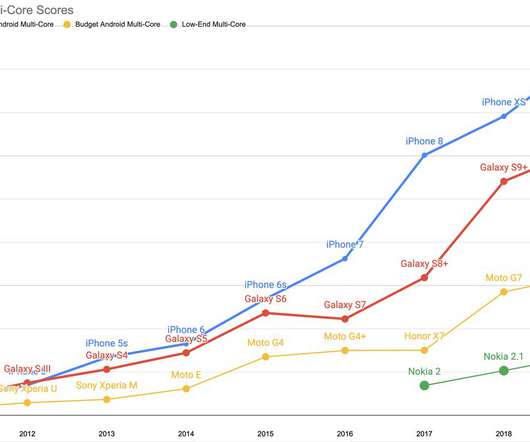Expanding the Cloud – An AWS Region is coming to Hong Kong
All Things Distributed
JUNE 20, 2017
In 2010, we opened our first AWS Region in Singapore and since then have opened additional regions: Japan, Australia, China, Korea, and India. This enables customers to serve content to their end users with low latency, giving them the best application experience. However, we do not plan to slow down and we are not stopping there.












Let's personalize your content